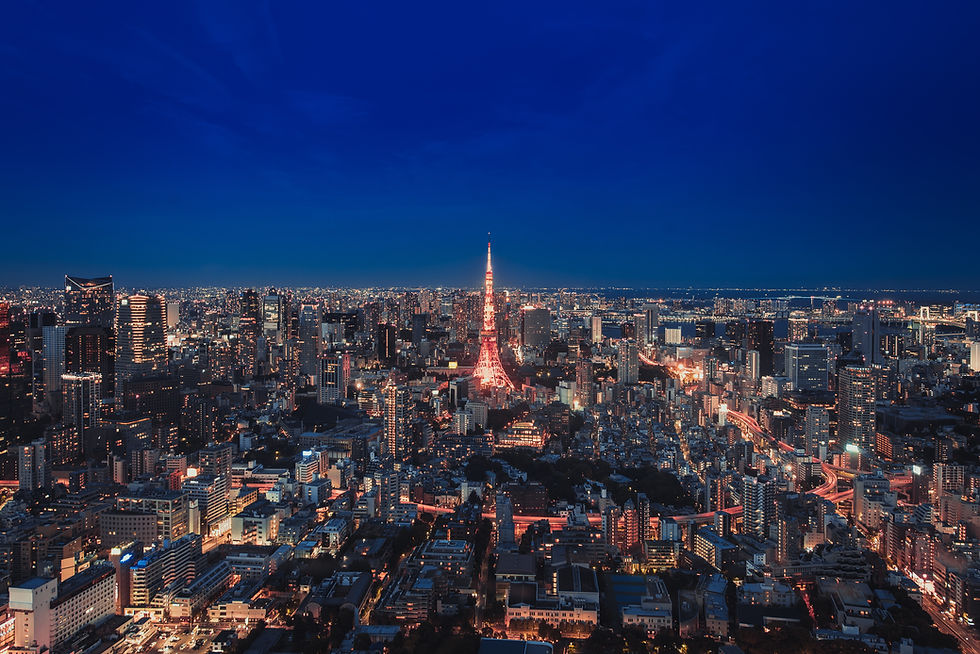Employment Eligibility: Engineer/Specialist in humanities/International services visa
The “Engineer/Specialist in humanities/International services” visa is based on a contract with a company within Japan and is used to invite foreigners to engage in work that requires professional expertise in the fields of science and humanities, or to engage in work that requires knowledge or services requiring thinking and sensitivity based on foreign cultures.
It is generally required for foreigners to obtain employment eligibility (i.e. a work visa) in order to stay in Japan and work full-time. The Engineer/Specialist in Humanities/International Services visa is a typical work visa that is mainly for technicians and white-collar professionals. Most foreigners employed at the average Japanese company obtain and work on an Engineer/Specialist in Humanities/International Services visa. This visa does not correspond to simple or unskilled labor.
※Previously, this visa used to be split into two categories -- Engineer and Specialist in Humanities/International Services -- but they were combined into one visa in April 2015 due to a legal amendment.

Fields Corresponding to the Engineer/Specialist in Humanities/International Services visa
The fields are classified into the following categories:
Engineering / technology-related
Services that require technology and/or knowledge of the sciences, such as careers in the fields of science, engineering, or other natural sciences.
Examples: System engineering, programming, civil engineering/construction design
Humanities-related
Services that require knowledge of the humanities, such as careers in the fields of legal sciences, economics, sociology, and other humanities.
Examples: Sales, consulting, marketing, legal services, human resources, accounting
International services-related
Services requiring thinking and sensitivity based on cultures unique to foreigners.
Examples: Translation, interpretation, language tutoring, overseas trading, clothing and interior decorating design
Period of Stay
(Academic/employment history, as applicable)
Graduated from university or received an equivalent education or higher, either in Japan or abroad
The subject the applicant majored in and the duties of their position at the sponsor company must match. For this reason, it is important to confirm the contents of the applicant’s major using their graduation certificate and school transcripts.
Graduated from a Japanese vocational school and issued a diploma
Foreign vocational schools are not applicable, and applicants must have graduated from a vocational school in Japan. Also, the applicant’s major and the content of their job must be related.
Over 10 years of work experience (3 years of work experience in the case of international services)
In our company’s experience, in order to obtain an Engineer/Specialist in humanities/International services visa the applicant must prove past work experience. For this reason, it is very important to obtain documents from previous companies documenting the applicant’s work experience. Of course, applicants will not be able to receive this type of visa if they do not have previous, related work experience.
※University graduates with a bachelor’s degree or higher can obtain a visa for work related to language translation, interpretation, or instruction, even without practical experience as described above.
(Salary/Compensation)
Equivalent or better salary as that of Japanese employees who do the same work
When hiring foreigners on the Engineer/Specialist in humanities/International services visa, the foreign employee must receive a salary equivalent to their Japanese counterparts. Employees should not receive lower salaries just because they are foreign.

